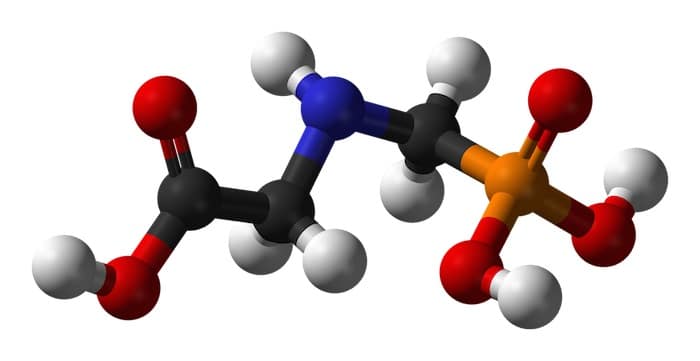Monsanto’s herbicide glyphosate, the main ingredient in the company’s signature product Roundup, is the most heavily used pesticide globally, according to a report published earlier this month.
The paper, by agricultural economist Charles Benbrook PhD, which appears in the peer-reviewed journal Environmental Sciences Europe, states that since 1996, when Roundup Ready genetically-engineered crops were introduced, the use of glyphosate has increased almost 15-fold and a total of 8.6 billion kilos (18.9 billion pounds) have been used worldwide.
Benbrook wrote: “Genetically engineered herbicide-tolerant crops now account for about 56% of global glyphosate use. In the US no pesticide has come remotely close to such intensive and widespread use.”
Two-thirds of the total volume of glyphosate applied in America from 1974 to 2014 was sprayed in the last ten years, the study says.
“The dramatic and rapid growth in overall use of glyphosate will likely contribute to a host of adverse environmental and public health consequences,” Benbrook added.
He said: “My hope is that this paper will stimulate more research on glyphosate use, and human and environmental exposure patterns, to increase the chance that scientists will quickly detect any problems that might be triggered, or made worse by glyphosate exposure.”
Commenting on the news, Peter Melchett, policy director at the Soil Association, said: “This research reveals that Monsanto’s glyphosate is now the most heavily used weed-killer in history, and use is sky-rocketing – nearly 75% of all glyphosate ever sprayed on crops was used in the last ten years. This huge increase in chemical spraying is what we can expect if GM crops are ever grown in England.
“As well as being identified as a probable human carcinogen, the research notes that recent studies have made the connection between glyphosate exposure and a number of serious health effects as well as cancer, including the degeneration of the liver and kidney, as well as non-Hodgkin lymphoma. The research rightly questions the safety of using glyphosate on crops destined for people to eat just before they are harvested – a growing practice in the UK, which must end.”
The paper, Trends in glyphosate herbicide use in the United States and Globally, can be read here: http://www.enveurope.com/content/28/1/3.











